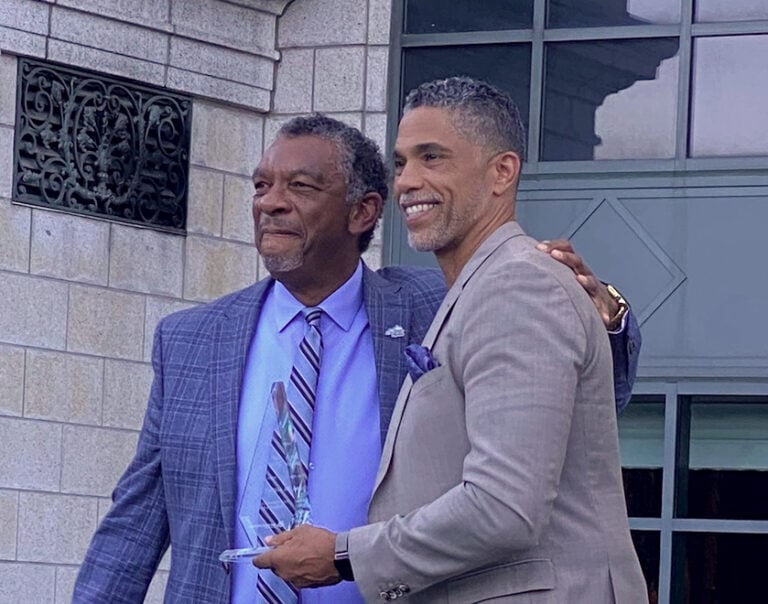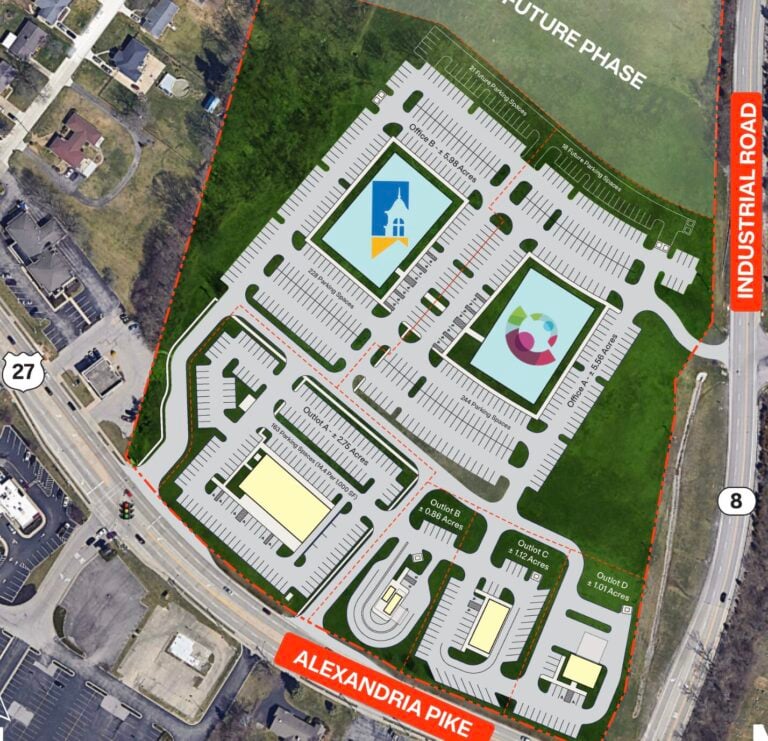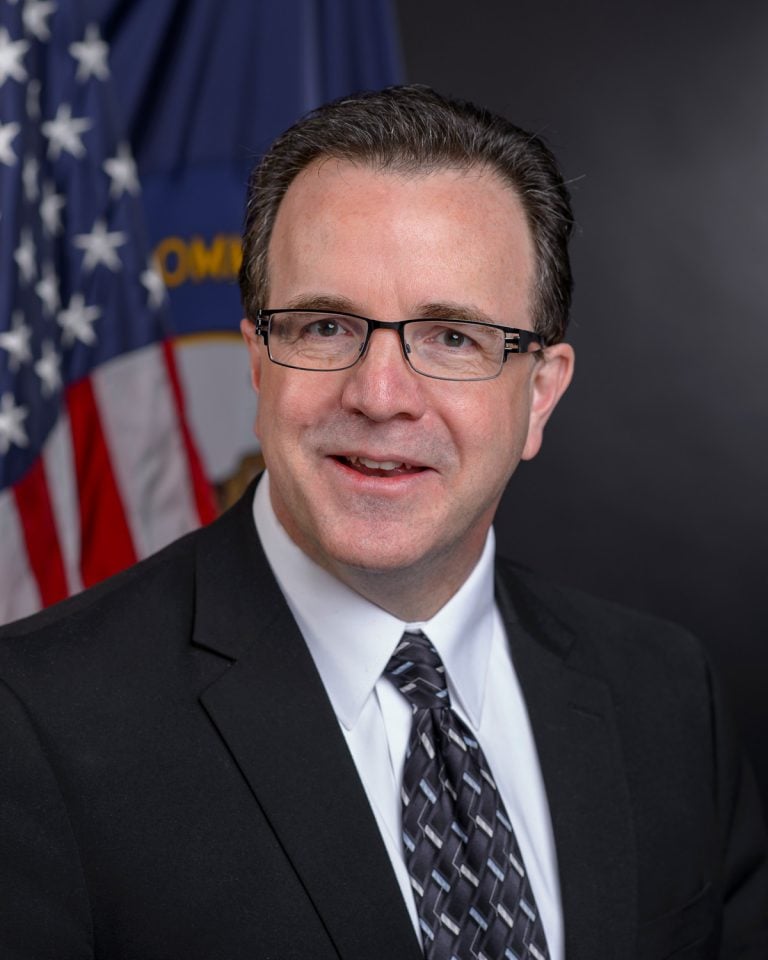As a professional with more than three decades in the information technology (IT) and cybersecurity world, I’ve had a front row seat and I’ve played a role in the rapid evolution of technology. Our world is increasingly digital, and we rely more and more on technology in our work and personal lives. All this technology brings us many conveniences and efficiencies, but it also creates new and complex risks that bad actors are exploiting in a variety of ways and with potentially catastrophic results.
This is especially true regarding our critical infrastructure, and it demands our immediate attention to protect our national security and the safety and security of communities across the nation.
The Office of the Director of National Intelligence’s 2023 Annual Threat Assessment sends a stark warning about the grave cyber threat posed by the People’s Republic of China (PRC): “China probably currently represents the broadest, most active, and persistent cyber espionage threat to U.S. Government and private-sector networks.”
The expanding and active threat from China and other nation state actors coupled with vulnerabilities in our critical infrastructure and an ever more complex web of interconnected systems that rely on each other to provide critical services such as water, energy, sanitation and transportation requires we must take proactive measures to safeguard local communities like ours.

I have been fortunate and honored to serve as Mayor of my hometown Fort Wright, Kentucky, since 2015 after serving eight terms on the Fort Wright City Council. Throughout this experience and my time spent working in and teaching software development and cybersecurity, I’ve seen the incredible benefits that technology and innovation bring to our lives. From streamlining business operations and enhancing communication to strengthening the cyber-defense capabilities of our local, state and national systems, these advancements have undoubtedly transformed our community and world for the better.
However, as technology has grown more sophisticated, so have the tactics employed by those who wish to exploit it for their gain. Just this summer, Morehead State University experienced a cyberattack that impacted operations on campus, and in May, Norton Healthcare suffered a cyberattack that delayed some medical processes due to systems being offline. As our physical and digital worlds continue to merge, cyberattacks in the digital world can have devastating consequences in the physical world, and the likelihood and impact of physical damage in the real world will only increase if we don’t get serious about defending against these threats and soon.
On a larger level, China’s cyber aggressions have been on display in recent weeks. As a nation that is actively working to strengthen its technology sector, China has the capability to mount sophisticated cyber campaigns that could have far-reaching consequences. Already the culprit behind recent cyberattacks on government officials and U.S. military networks, China has been weaponizing technology to use against us.
The recent surge in cyberattacks targeting U.S. critical infrastructure, government networks, and digital systems has underscored the urgency of addressing these vulnerabilities and strengthening our technological capabilities both defensive and offensive. That’s why it’s so important that local governments can have access to, and leverage U.S. based tools that will help protect us from foreign threats.
Our policymakers must recognize this threat and develop strategies to mitigate it effectively. At every level of government, we must foster collaboration between the public and private sectors to counter cyber threats effectively.
But it’s not just about defense; it’s also about staying ahead of the curve. We cannot simply wait for threats to materialize before acting. Instead, we should foster a culture of innovation that enables us to anticipate and counteract emerging cyber threats. By nurturing homegrown tech innovation and supporting science, technology, engineering and math (STEM) programs in our schools, we can arm ourselves with the tools needed to protect our community against cyberattacks and prepare our children and students for the future.
Technology and cybersecurity go together. We have the capability and the capacity to overcome the challenges posed by cyber threats and secure our future. By strengthening American technology and innovation, we can protect our critical infrastructure, schools, hospitals and government systems against cyberattacks and forge a path toward a safer and more secure Fort Wright and America.
Let’s support and invest in the necessary skills and technologies to ensure that our communities can thrive in a digitally connected world that remains resilient, safe and secure.
Dave Hatter is an award-winning technology leader with over 30 years of software development, cybersecurity, and technology project management experience. He has also served as the Mayor of Fort Wright, Kentucky since 2015.

















